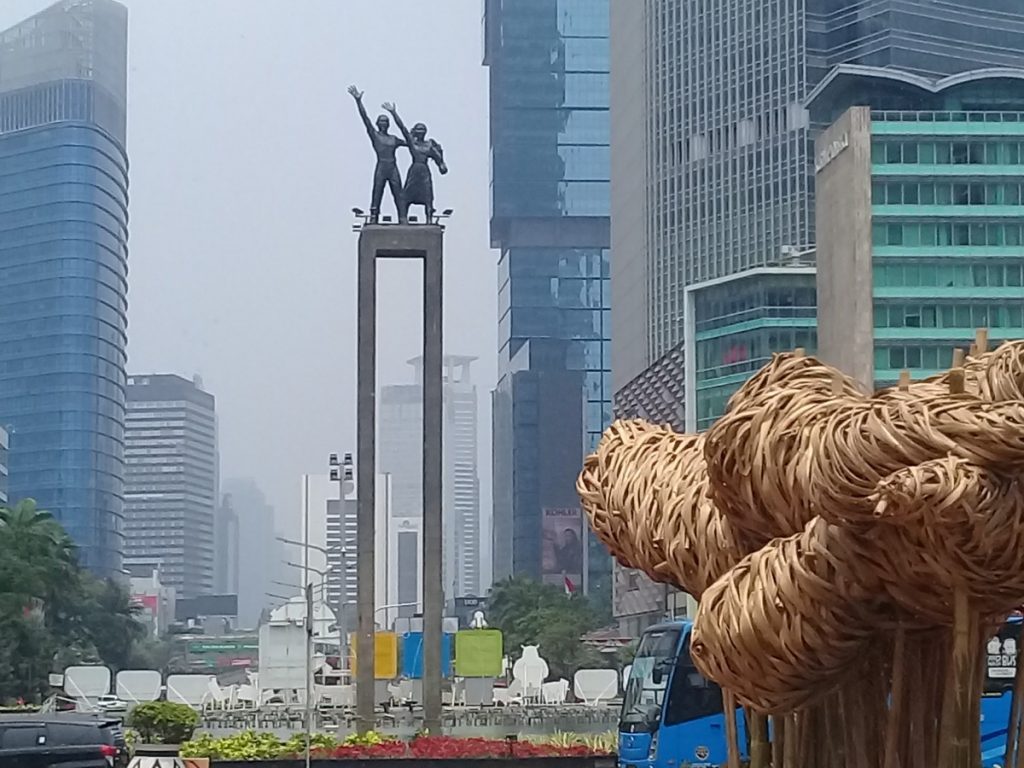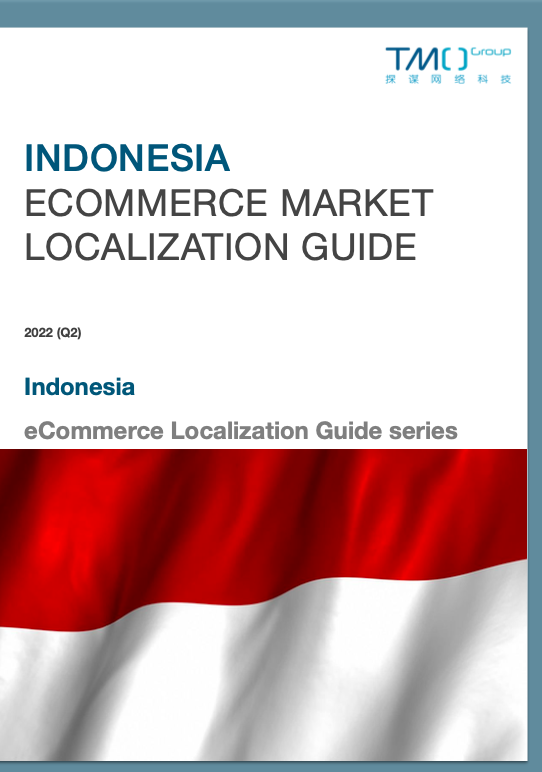Indonesian eCommerce represents a big opportunity for companies looking for a substantial new market to enter. While Indonesia is less developed than some of its Southeast Asian neighbors, it makes up for this in sheer size. Indonesia is the world’s most populous island nation, and 4th most populous nation in general. Its population is more than 276 million. As the country develops both economically and in eCommerce terms, this will represent a largely untapped market.
In this article we’ll give a brief introduction to this unique country and to the state of eCommerce there.
Country Overview
Demographics
Indonesia is a highly conservative, majority Muslim country. The country has proudly risen as a democratic entity in recent decades. Indonesia is home to around 300 distinct ethnic groups speaking over 700 languages. Islam is the dominant religion, with 87.2% of the population belonging to the faith.
About 57% of the population is aged 34 or younger. Social media use in Indonesia is among the highest in the world, with 98% of Internet users in Indonesia having social media accounts and mobile traffic to online shops also on the rise. Mobile commerce (mCommerce) is extremely popular among adults, with 76% of people making monthly purchases on their phones.
Economy
GDP growth is on the rise. Driven by its fast-growing cities, Indonesia’s GDP has continued to grow, from US$1,016 billion in 2017 to US$1,190 billion in 2021. In recent years, Indonesia has achieved significant strides in poverty reduction as an emergent middle-income country. For example, Indonesia’s per capita GDP increased from $857 to $4,292 between 2000 and 2021.
Indonesia’s huge population and domestic consumption base make this country a favorable platform for economic growth and investment potential. Therefore it is becoming a key location for regional offices of multinational companies looking to move into the Southeast Asian market. This makes Indonesia attractive to investors and is one advantage of operating a business in the country.
Foreign Direct Investment
Foreign direct investment in Indonesia reached 454 trillion rupiah in 2021, up from 412.8 trillion rupiah in 2020, a 10% rise, according to the “Investment Realization – DDI & FDI” report published by the Indonesian Ministry of Investment on January 27, 2022. The majority of investments are made in industries including metals, minerals, energy, natural gas, and water resources.
However, with the World bank ranking Indonesia 73rd for Ease of Doing Business and 63rd for Logistics Convenience, it is clear that challenges remain.
eCommerce in Indonesia
eCommerce in Indonesia has a large number of shoppers (159 million), a penetration rate (58%), but with a promising share of the country’s total retail sales (20%). As such, though it is already a big business opportunity for eCommerce players, the country has a great deal of development potential yet to come.
Indeed, Indonesia’s population of more than 276 million makes the potential for growth considerable, and there are millions of new online shoppers every year. These characteristics make Indonesia one of the most popular eCommerce markets in the world. Indonesia has attracted the attention of global and local companies pursuing profit, and eCommerce is currently in a stage of rapid development.



Top eCommerce Platforms in Indonesia
Regional giant Lazada has in recent years lost its place in the top three eCommerce platforms in Indonesia. This is in large part due to the meteoric rise of its mobile-oriented regional rival Shopee. But domestic challengers have had an even bigger impact. Tokopedia and Bukalapak show the strength of homegrown eCommerce platforms. They demonstrate impressive sophistication for a country that’s still lagging behind some of its neighbors in this area.
Cross-Border Market Entry
Cross-border selling is an alternative to selling through local agents or distributors. It frees companies from facing local restrictions on foreign ownership in different industries. It also means they don’t have to establish a local entity prior to market entry.
Indonesia allows direct cross-border eCommerce sales. This means that foreign companies can directly sell to local consumers without establishing legal entities in Indonesia through complicated terms.
Want to know more about eCommerce in Indonesia? Check out our free Indonesia eCommerce Market Starter GuideA free guide to the Indonesian eCommerce market: statistics, market analysis, trends, market entry and marketing strategies overview.Indonesia eCommerce Market Starter Guide! Alternatively, download our free Southeast Asia eCommerce Outlook 2023This free PDF takes a broad view of eCommerce across five of Southeast Asia's most exciting markets: statisics, market structure, trends, entry strategy.Southeast Asia eCommerce Overview for a broader view.





